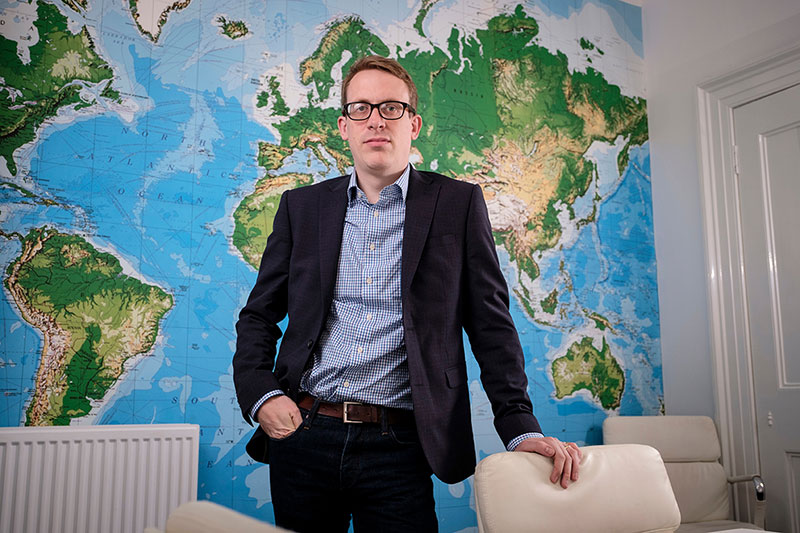Jim Godsal, Managing Director, Head Medical.
A survey conducted by the British Medical Association in 2017 found that more than one quarter of GP practices have a vacancy, with a more acute picture in rural places. Some positions have been vacant for up to six months. The Royal College of General Practitioners reveals that Scotland needs to fill a gap of 856 full-time GPs by 2021 to sustain the service.
Regular media coverage describes the impact of the GP shortage, highlighting the pressure GPs are under due to workload, increased waiting times for patients, and restrictions on patient lists at a growing number of surgeries.
A GP’s workload has increased by 16% and has become more complex. At the same time, the NHS budget is lower now that it was 10 years ago. The workforce hasn’t risen at pace in line with demand and the changing nature of public health requirements.
At the end of last year, there was welcome news when the Scottish Government announced plans to supply an extra 800 GPs by 2027. In addition, Health Secretary Shona Robison committed to funding an intensive recruitment campaign to boost the numbers of GPs.
To address the immediate crisis, recruitment funding is critical. Given the number of GP places that need to be filled in the next three years, recruitment really is the only option available, specifically international recruitment.
NHS England is currently implementing an international recruitment drive to attract GPs from abroad and it is likely that Scotland will have to follow a similar path.
Indeed, this is already happening locally, with the recent award of a contract to Head Medical to supply overseas recruitment services for NHS Dumfries and Galloway.
With local parts of NHS Scotland turning to overseas recruitment solutions, it’s only a matter of time before a national approach is considered.
NHS Scotland is investing additional resources in training new doctors, including £23 million to increase the number of medical school places, 50 additional undergraduate places and 100 more training places for GPs.
However, it is not a solution to the immediate crisis. It takes around 10 years to become a GP, so investing in new talent is a longer-term solution to deliver a sustainable future workforce.
International recruitment of GPs is a significant part of the immediate approach and is an effective solution that will benefit both the NHS and overseas doctors.
The NHS is a hugely attractive career option for doctors around the world. Despite negative headlines criticising the service, it is considered one of the best healthcare systems in the world.
Likewise, the NHS can benefit from the contribution of overseas doctors. Around one quarter of doctors working for NHS England are foreign nationals – they make a huge contribution to service capacity.
Doctors have always been a mobile workforce and are likely to want to travel – they are educated, upwardly mobile and financially able. This mobility helps expand the profession’s collective experience and skills through shared learning of medical practice in different environments.
We need to make it easier for UK doctors working abroad to return home to ensure the UK can benefit from this wider learning. Currently, there are too many barriers in place, including registration and training issues.
In the meantime, international recruitment needs to be implemented and it needs to happen soon. Brexit will potentially add another layer of complexity to the international recruitment process, which could delay the arrival of overseas doctors into post for months. With growing pressure on our GPs and waiting times and patient lists getting longer, the need for urgent action should not be under estimated or ignored.

